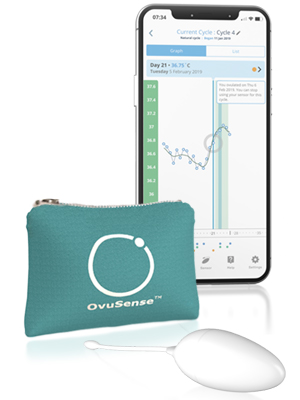With the rise of more testing and data in healthcare, it seems like infertility is becoming more common. This may be due to the rising age of parenthood across the globe, environmental issues, or a slew of other issues. Conventional infertility treatments can be extremely expensive and complicated, so many who struggle with infertility seek alternative solutions that are more manageable.
As a result, we’re seeing growing interest in homeopathic or natural fertility treatments, such as acupuncture, reflexology, or herbal supplements. While there remains some skepticism about these therapies and their effectiveness in improving fertility, a growing body of research supports the impact they can have.
Fertility Acupuncture:
Perhaps the most widely accepted homeopathic treatment for infertility, acupuncture involves placing small needles into specific points of the body to stimulate blood flow to that area. When used to treat infertility, it can help by balancing hormones, relieving stress, or boosting blood flow to the reproductive organs. Many people choose to undergo acupuncture alongside other medical fertility treatments, such as IUI or IVF.
Acupuncture can be used to promote general fertility, or with herbal remedies to treat conditions like elevated follicle-stimulating hormone (FSH), recurrent miscarriage, luteal phase defect, PCOS and male factor infertility. Not every acupuncturist has expertise in reproductive disorders, so it’s important to ask if your acupuncturist has experience in these areas before you begin treatment.
Fertility Reflexology:
Similar to acupuncture, reflexology is thought to impact fertility by stimulating various nerve endings on the feet that have been linked to specific organ systems in the body, such as reproductive organs. Through massage and manipulation, a reflexologist can help unblock the flow of energy in organs and rebalance entire systems.
Typically, reflexology would be used alongside good nutrition and lifestyle changes to clear toxins from the body, boost the immune system, and improve sleep. These changes ultimately reduce stress hormones, which has been shown to contribute to infertility. While there is limited research to support the direct link between reflexology and fertility, many experts believe the associated reduction in stress and release of oxytocin may support conception.
Chiropractor / Massage:
Massage is perhaps the newest area to be touted for its fertility benefits, spurred by a wave of research in 2003 that outlined the benefits of chiropractic helping couples become pregnant. While chiropractic care doesn’t help cure infertility, it does reduce stress and interference in the body and nervous system. These changes can affect breathing, blood vessel dilation, and digestion – all of which can positively impact your fertility. This manipulation can also ensure your pelvis isn’t twisted, which can put pressure on reproductive organs.
Similar to reflexology, many of the benefits that link chiropractic and fertility are ultimately tied to how the treatment impacts your stress levels and hormones. If you are going to continue getting massages for fertility or through pregnancy, make sure you’re going to a licensed therapist who is experienced in prenatal massage.
Get The Timing Right:
As many of these treatments have to be performed when you’re ovulating, OvuSense can help by pinpointing your fertility window in advance. Using core body temperature information, OvuSense predicts ovulation up to 24 hours in advance and can confirm if ovulation took place and can confirm ovulation with 99% clinically proven accuracy.
While each method has various levels of scientific backing, natural or homeopathic treatments are built upon knowing your own cycle and the natural rhythms of your body. Tracking things like cervical mucus, core body temperature, and other physical symptoms allow you to time these treatments appropriately and understand their impact.
Content is not intended to be a substitute for professional medical advice, diagnosis, or treatment. Always seek the advice of your physician or another qualified healthcare provider with any questions you may have regarding a medical condition.


